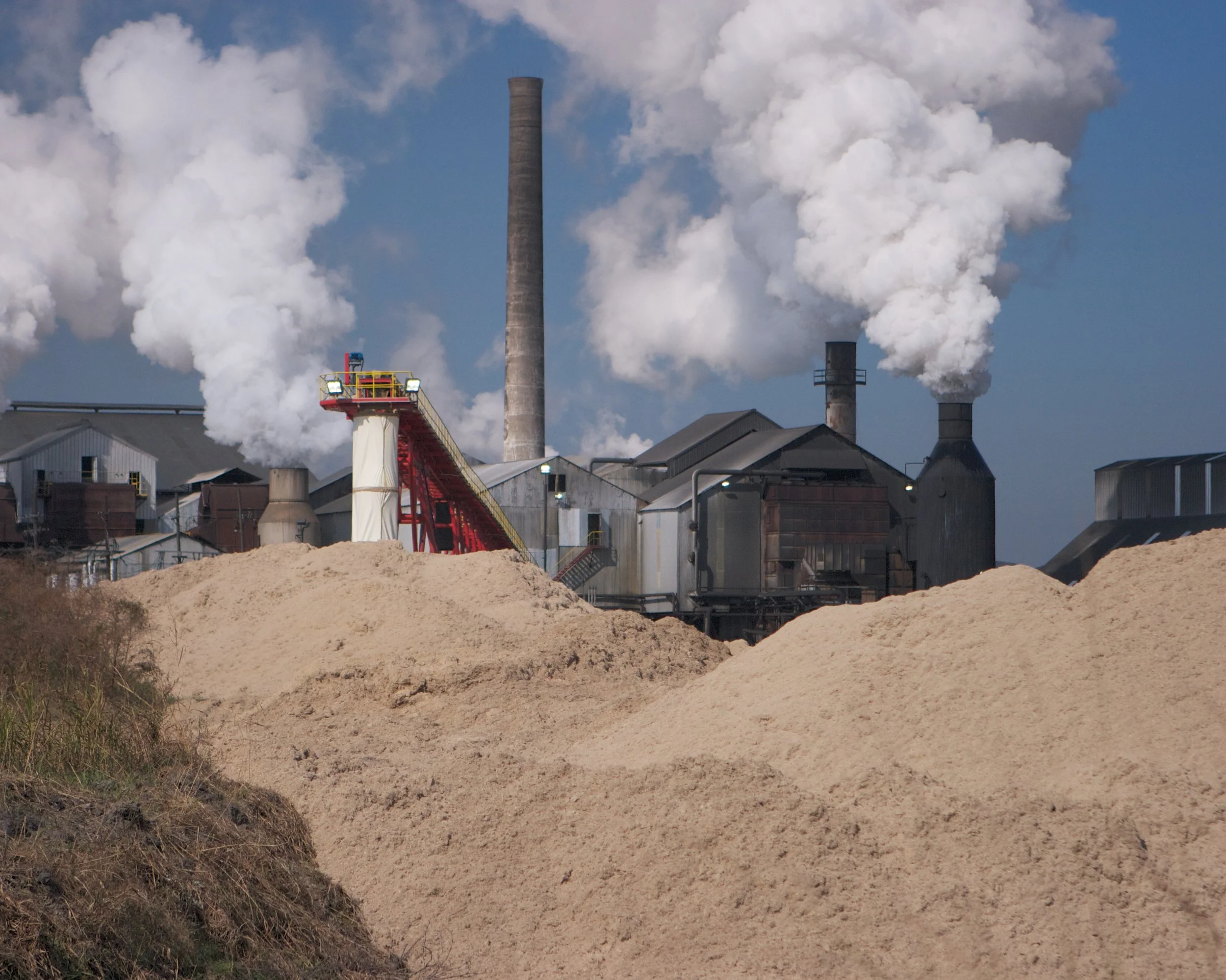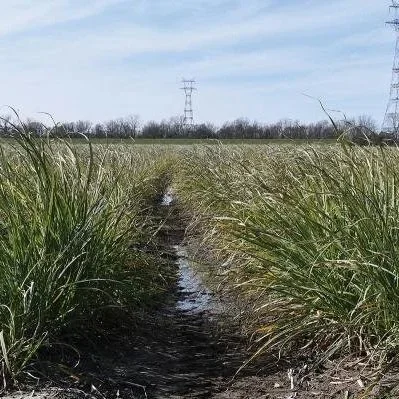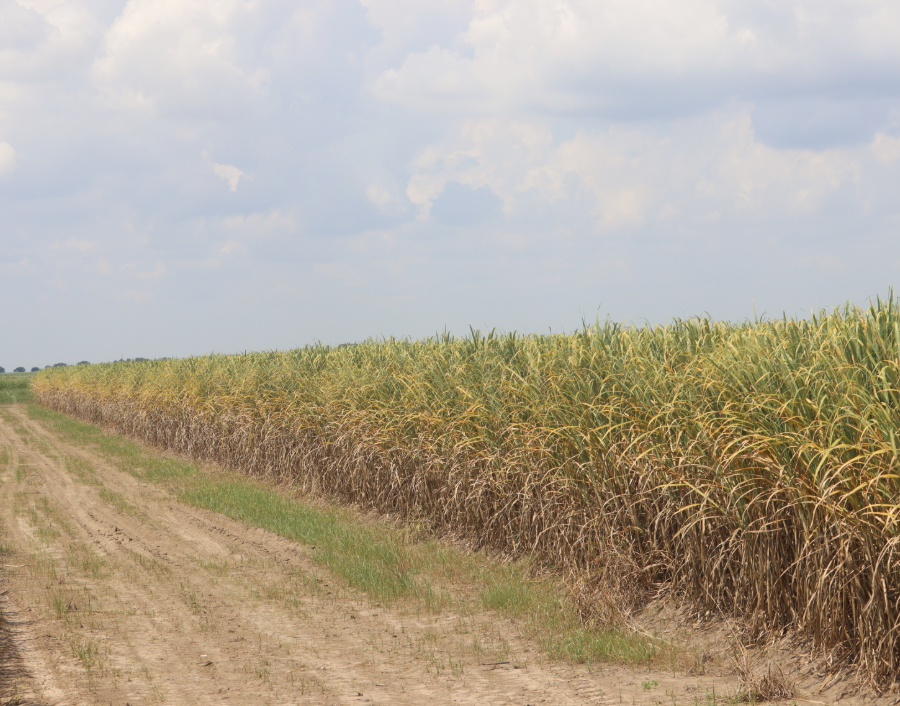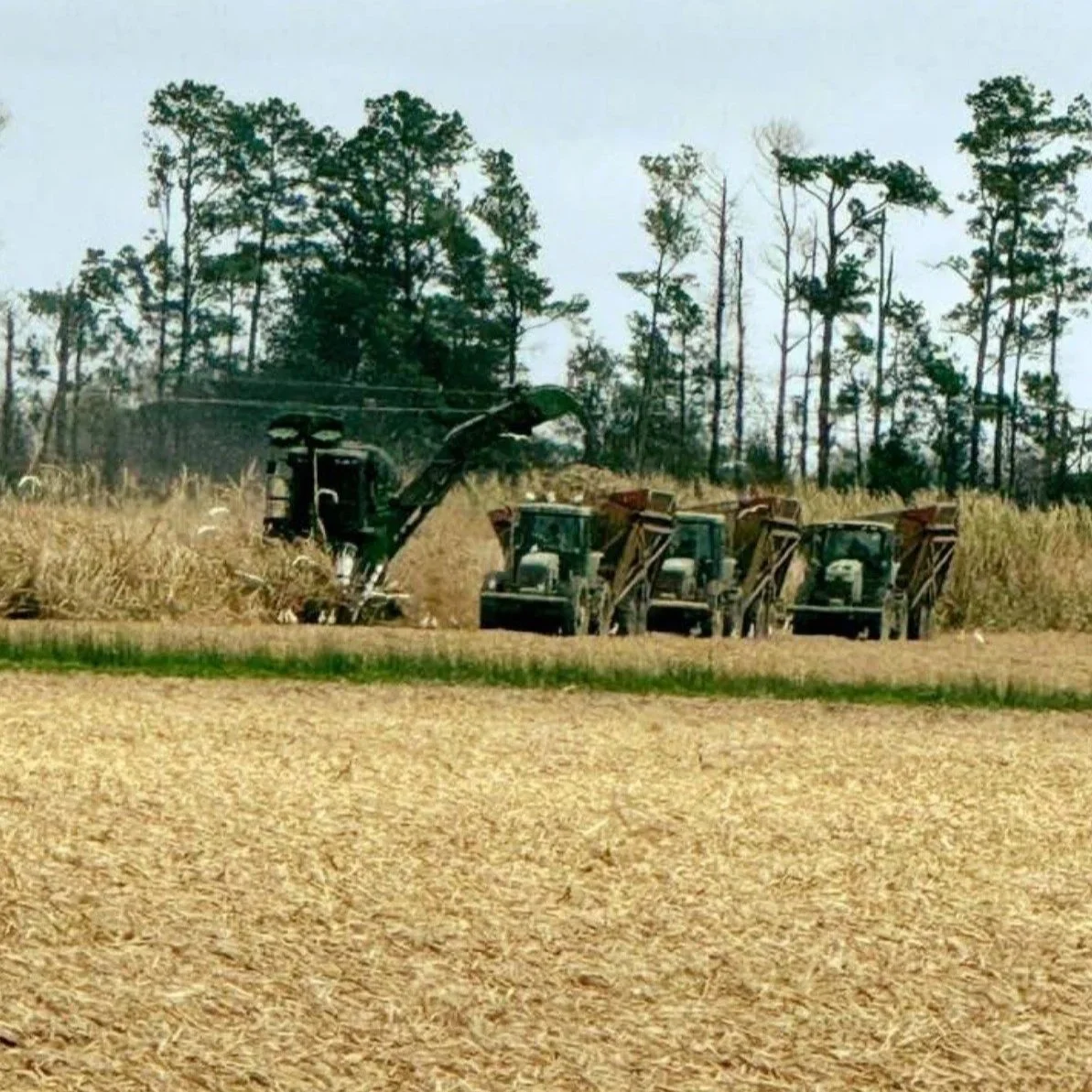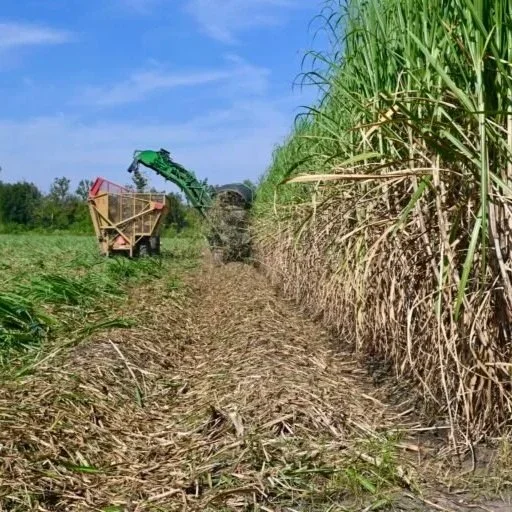Aviation and agriculture have shared a long history. From aerial seeding to crop dusting, airplanes have long played a role in modern farming. Now, new research underway at Louisiana State University could allow agriculture to return the favor—helping power the aviation industry itself.
Read MoreLast winter, Louisiana sugarcane farmers watched a historic snowfall do something few expected. It helped protect the 2025 crop from widespread freeze damage. The snow acted as insulation, shielding the roots and preserving the buds that would fuel the next growing season.
Read MoreU.S. Secretary of Agriculture Brooke L. Rollins today announced the U.S. Department of Agriculture (USDA) is providing $150 million in assistance to American sugar beet and sugar cane farmers in response to temporary market disruptions and increased production and processing costs.
Read MoreSugar is certainly a staple in lots of our favorite treats — sodas, candy, baked goods, just to name a few. Despite it being so common, many people don’t seem to know much about how sugar is created. It’s an interesting process going from a plant to the sweet, white crystals that we put in our food.
Read MoreTomorrow is Valentine’s Day, one of the sweetest days of the year and a day to celebrate those you cherish. Many Americans plan to incorporate treats into their holiday, with the National Retail Federation finding that 56% of Americans planning to give a Valentine’s Day gift have their eye on candy. We are grateful to help you celebrate, whether you’re gifting a heart-shaped box of chocolates or whipping up a home-baked dessert.
Read MoreA destructive bug has made its way into Louisiana's farming regions, putting both sugarcane crops and pasture grasses at risk.
Read MoreWinter Storm Fern caused chaos across the South and Midsouth with varying forms of moisture and low temperatures. In Louisiana, sugarcane farmers anxiously monitored soil temperatures in hopes of avoiding a large-scale replant on the heels of a stellar season.
Read MoreLSU AgCenter researchers have confirmed the presence of a new invasive insect in Louisiana sugarcane fields. The pasture mealybug was detected in Vermilion and Iberia parishes late last year, raising concerns among growers, ranchers and researchers.
Read MoreLouisiana’s sugarcane industry is celebrating a strong season with record sugar production after previous droughts impacted yields.
Read MoreThe U.S. Department of Agriculture (USDA) Commodity Credit Corporation (CCC) announced today that it does not expect to purchase and sell sugar under the Feedstock Flexibility Program for crop year 2025, which runs from Oct. 1, 2025, to Sept. 30, 2026.
Read MoreNovember is a season of gratitude, a time when most farmers across the country have wrapped up their harvests and turned their attention to winter and next year’s plans. It is very different in the cane belt. For Louisiana’s sugarcane producers, November means one thing, the hardest push of the year.
Read MoreFog mixed with smoke from a Vacherie sugar cane field burn created superfog Friday morning in St. James Parish, marking the second morning in a row the phenomenon appeared.
Read MoreIn the fall, tall, bright green sugarcane stalks reach up to meet deep blue skies along Bayou Lafourche.
It's harvest season on the Naquin family farm.
Read MoreIberville continues to play a key role in production of sugarcane, one of the crops most closely associated with the rich history of Louisiana agriculture.
Read More“Sweeten Your Day” is a segment hosted by LSU AgCenter area sugarcane agent Renee Naquin and Katie Richard, an agronomist with the American Sugar Cane League. The program will highlight issues related to Louisiana’s sugarcane industry, and it will also focus on individuals and families who are involved in growing, transporting, milling and producing products using Louisiana sugar in a feature called the “Sugarcane Spotlight.
Read More
